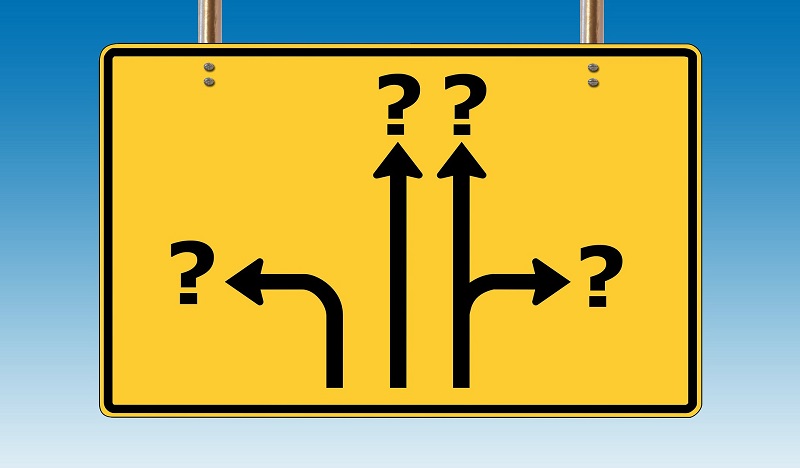Putting Marijuana Madness Mythology to Bed Once and For All
Hysteria has formed part of the ugly underbelly of the American body politic since the days of Puritan Massachusetts. Like that colony’s early leaders who considered themselves the guardians of morality, movements have been launched over American history that rely on unreasonable emotional responses that often lead to hysteria. Once a movement embraces hysteria as a strategy, facts grow irrelevant in the face of passionate, but falsely based emotional responses.
Such has been the case with marijuana for nearly a century. When trying to make the case for relaxing restrictions, one must arm themselves with facts and sources that combat marijuana and cannabis myths.
Myth: Marijuana Is a Gateway Drug
This myth represents a classic example of the logical fallacy of “correlation equals causation.” As the argument goes, if people who use hard drugs also used pot, marijuana must have somehow led them to use of drugs that cause serious addictions and severe health problems.
Who says this is a myth? The United States Government does, the current attorney general notwithstanding. According to the National Institute on Drug Abuse, “the majority of people who use marijuana do not go on to use other, harder’ substances.” In fact, the number lies at around nine percent. Alcohol and nicotine use statistically correlate to hard drug use in the same ratios as marijuana.
Myth: Marijuana Is Physically Addictive
According to an article in Psychology Today, marijuana is not physically addictive. It does not produce the same signs of physical withdrawal as opiates, methamphetamines, or other dangerous synthesized drugs. Those trying to quit using marijuana will not experience unpleasant physical side effects, making it in many cases a superior choice for pain relief to opiates or opioids. It can create dependence, but in the same psychological way as when some overly rely on shopping, eating, or other behaviors as a distraction or an escape.
Myth: Marijuana Causes Cancer
Most people consume marijuana through smoking. One would commonly assume that inhaling any kind of smoke on a regular basis would contribute at least slightly to higher levels of lung cancer. Studies, however, prove this myth wrong.
A little over a decade ago UCLA researcher Donald Tashkin, whose work was often cited by the federal government against marijuana use, came up with a surprising finding reported by the Washington Post.
According to Tashkin, “We hypothesized that there would be a positive association between marijuana use and lung cancer, and that the association would be more positive with heavier use. What we found instead was no association at all, and even a suggestion of some protective effect.”
Myth: Marijuana Is a Partisan Issue
Myths can cut from any side of the marijuana debate and hinder the country’s chances of ending this current form of Prohibition.
If one chooses to go into activism to educate the public and political officials on the medicinal value of marijuana, the mythology surrounding recreational use, or even promoting the use of industrial hemp, do not assume a partisan divide exists on this issue as it does on most others.
For example, no state, save Texas, is more red than West Virginia. Its legislature, however, legalized medical marijuana as a common sense response to overwhelming numbers of prescription pill addicts. The elected Republican state commissioner of agriculture strongly supports industrial hemp production. Even better the most conservative member of its Congressional delegation, Freedom Caucus member Alex Mooney, voted to support the rights of states to make their own decisions on marijuana.
While few from that party tout their pot positions, legalization and/or decriminalization conforms with many principles they hold dear, such as cutting government spending and backing rights of states to decide important issues. The myth that they all oppose marijuana reform can prevent the formation of valuable partnerships.
Facts, Not Emotion
Make sure when making the case for reform that you enter the discussion well armed with knowledge of marijuana and cannabis myths and facts. While this article should be helpful, make sure to look even deeper at other sources, learn as much as you can, and then go forth to help to get these laws removed nationwide once and for all.


